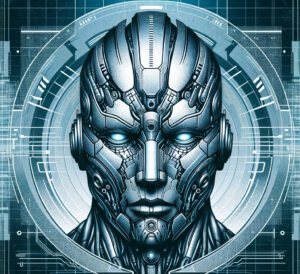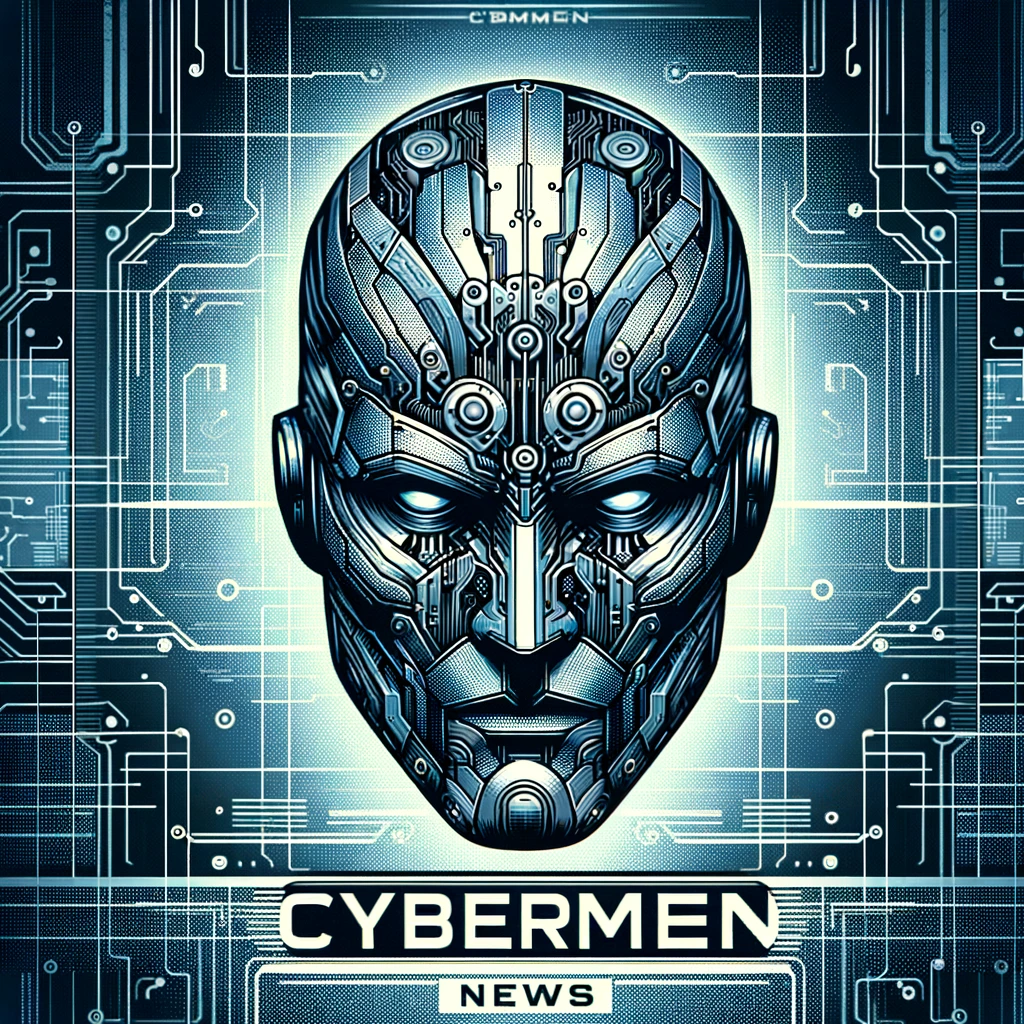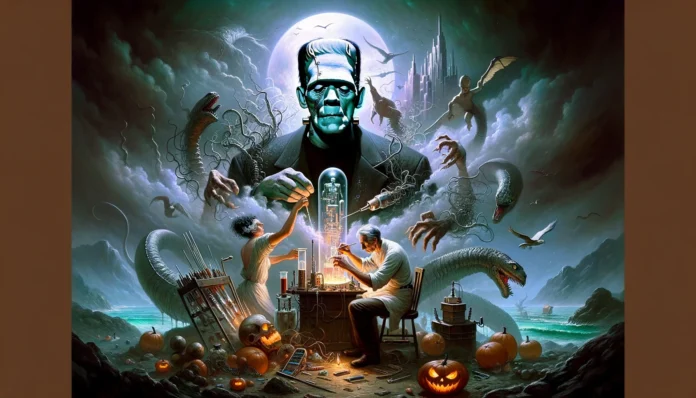Mary Shelley’s Frankenstein; or, The Modern Prometheus unveils the chilling consequences of scientific hubris and the profound ethical dilemmas surrounding the act of creation. Victor Frankenstein’s journey from a passionate scientist to a haunted creator poses a timeless question: What are the moral responsibilities entailed in creating life?
The Ethical Quandary at Creation’s Heart
Victor’s venture into creating life, driven by ambition and a relentless quest for knowledge, breaches the sanctity of nature. He constructs a being from the deceased, reanimating it with science’s forbidden powers. Yet, his initial triumph is swiftly overshadowed by revulsion at his creation’s sight. This immediate rejection and subsequent abandonment of his creature form the crux of Shelley’s ethical dilemmas.
Victor’s abdication of responsibility, likened to that of a neglectful parent or an indifferent deity, sets the stage for tragedy. His refusal to nurture or even acknowledge his creation raises profound questions about ambition’s limits and the ramifications of our endeavors to transcend natural laws.
Ethical Dilemmas: The Line Between Creator and Creation
Shelley‘s narrative suggests that creation itself isn’t intrinsically unethical. It’s the pursuit of knowledge and the reshaping of the natural world that propel humanity forward. Yet, Victor’s fatal misstep lies in his disregard for the aftermath of his scientific pursuit. The ethical breach isn’t in the creation but in the abject neglect of the responsibilities it engenders.
The creature’s subsequent suffering and descent into violence stem directly from Victor’s dereliction. Cast out and vilified, he mirrors his creator’s darkest facets, embodying the pain of rejection and the deep-seated need for vengeance. Here, Shelley masterfully illustrates how creation and responsibility are inextricably linked — to engender life is to shoulder the duty of guardianship and care.
Unforeseen Consequences and the Natural Order
Victor’s experiment raises alarms about the unforeseen fallout of tampering with life’s essence. His creation, a mosaic of disparate entities, exists outside the natural order, symbolizing the unpredictable consequences of overstepping our bounds.
Frankenstein thus emerges as a cautionary tale against the arrogance of “playing God.” It underscores the imperative that scientific advancement and ambition be tempered with ethical foresight and accountability. The act of bringing forth life, in any form, carries with it a weighty moral obligation to ensure the wellbeing of the created.
Conclusion: Ethical Dilemmas in the Shadow of Progress
Shelley’s masterpiece serves as an enduring reminder of the ethical dilemmas that must guide our scientific explorations. In an age where the lines between biological and artificial creation blur, her insights are more relevant than ever. As we stand on the precipice of new frontiers in creation, Frankenstein implores us to proceed with caution, compassion, and a deep-seated commitment to the ethical stewardship of our creations.


